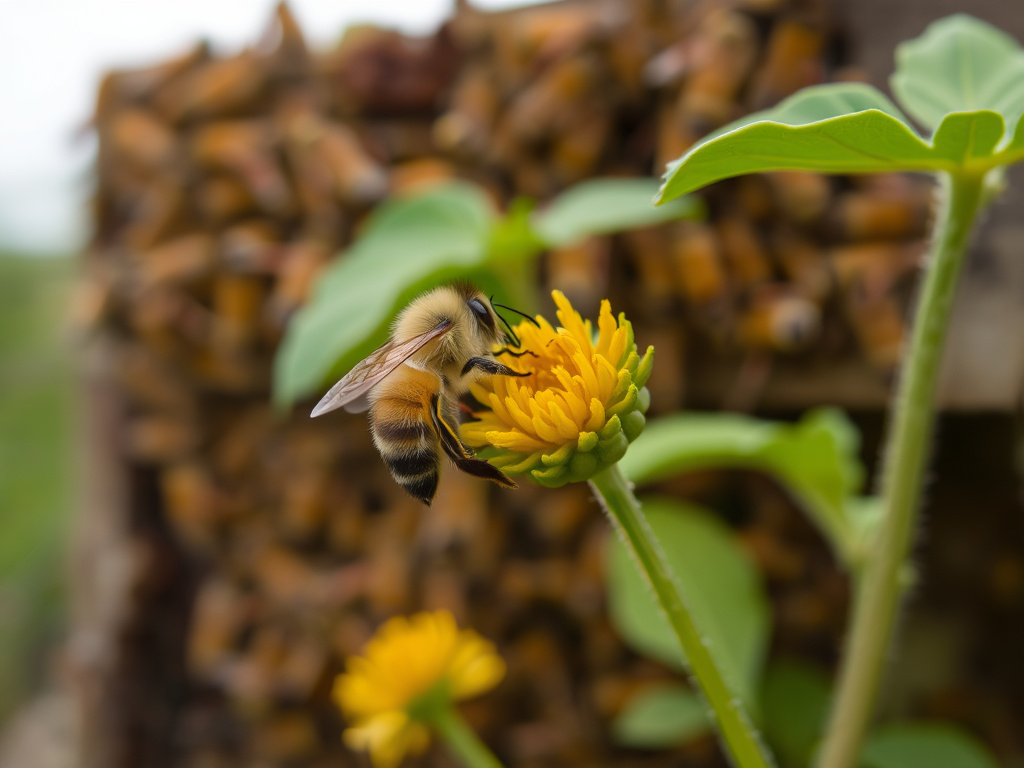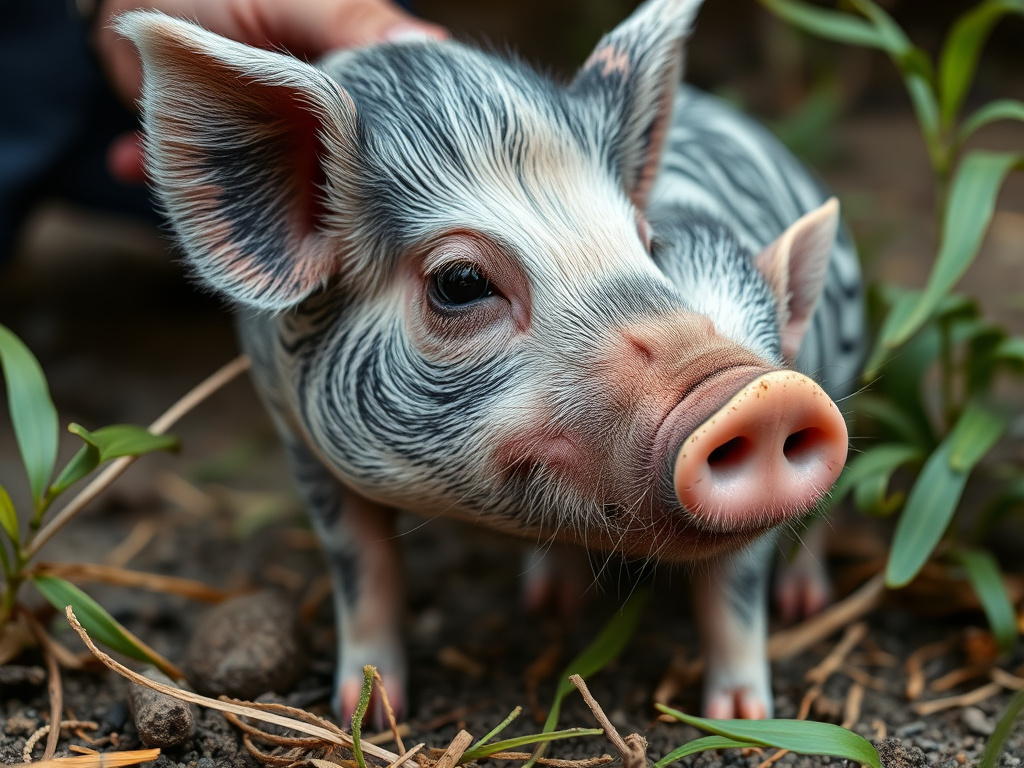Bees play a crucial role in maintaining the health of our ecosystem, and their importance cannot be overstated. The phrase “peran penting lebah dalam kehidupan” translates to “the important role of bees in life,” highlighting their significance in our daily lives and the environment. In this article, we will explore the various ways bees contribute to our well-being and the ecosystem as a whole.
Pollination: The Primary Role of Bees
Bees are primarily known for their role in pollination. As they move from flower to flower in search of nectar, they transfer pollen, facilitating the reproduction of plants. This process is essential for the production of many fruits, vegetables, and nuts that are staples in human diets around the world.

- Some of the key crops that rely on bee pollination include:
- Almonds
- Apples
- Berries (strawberries, blueberries, raspberries)
- Avocados
- Cucumbers
Without bees, the availability and diversity of these foods would be severely impacted, leading to economic and nutritional consequences.
Ecological Balance and Biodiversity
Beyond pollination, bees contribute to ecological balance and biodiversity. By pollinating a wide variety of plant species, they help maintain the genetic diversity within plant populations. This diversity is crucial for the resilience of ecosystems, enabling them to adapt to changing environmental conditions.

The loss of bee populations could lead to a decline in plant diversity, which in turn affects other species that depend on those plants for food and habitat.
Economic Importance
The economic importance of bees is substantial. The value of pollination services provided by bees is estimated to be in the billions of dollars annually. This includes not only the direct value of pollinated crops but also the indirect benefits to livestock that rely on pollinated feed crops.
| Crop | Estimated Annual Value (USD) |
|---|---|
| Almonds | $11 billion |
| Apples | $2.5 billion |
| Berries | $1.5 billion |
| Avocados | $1 billion |

Threats to Bee Populations
Despite their importance, bee populations are facing numerous threats. These include habitat loss, pesticide use, climate change, and diseases. The decline in bee populations is a pressing concern that requires immediate attention and action.
- Key factors contributing to bee decline:
- Habitat loss and fragmentation
- Pesticide use (especially neonicotinoids)
- Climate change and its impact on flowering times
- Diseases and parasites

Conservation Efforts
To mitigate the decline in bee populations, various conservation efforts are underway. These include creating bee-friendly habitats, reducing pesticide use, and supporting sustainable agriculture practices.
- Strategies for bee conservation:
- Planting diverse, bee-friendly flora
- Reducing or eliminating the use of harmful pesticides
- Supporting local beekeepers and sustainable agriculture

Key Takeaways
- Bees play a vital role in pollination, ecological balance, and biodiversity.
- The economic importance of bees is significant, with pollination services valued in the billions.
- Bee populations are declining due to habitat loss, pesticide use, climate change, and diseases.
- Conservation efforts, such as creating bee-friendly habitats and reducing pesticide use, are crucial for protecting bee populations.
Conclusion
The “peran penting lebah dalam kehidupan” or the important role of bees in life is multifaceted and indispensable. Bees are crucial for pollination, maintaining ecological balance, and supporting biodiversity. Their economic importance is substantial, and their decline poses significant risks to food security and ecosystem health. It is imperative that we take action to protect bee populations through conservation efforts and sustainable practices. By doing so, we can ensure the continued health of our ecosystems and the availability of the foods we rely on.
























